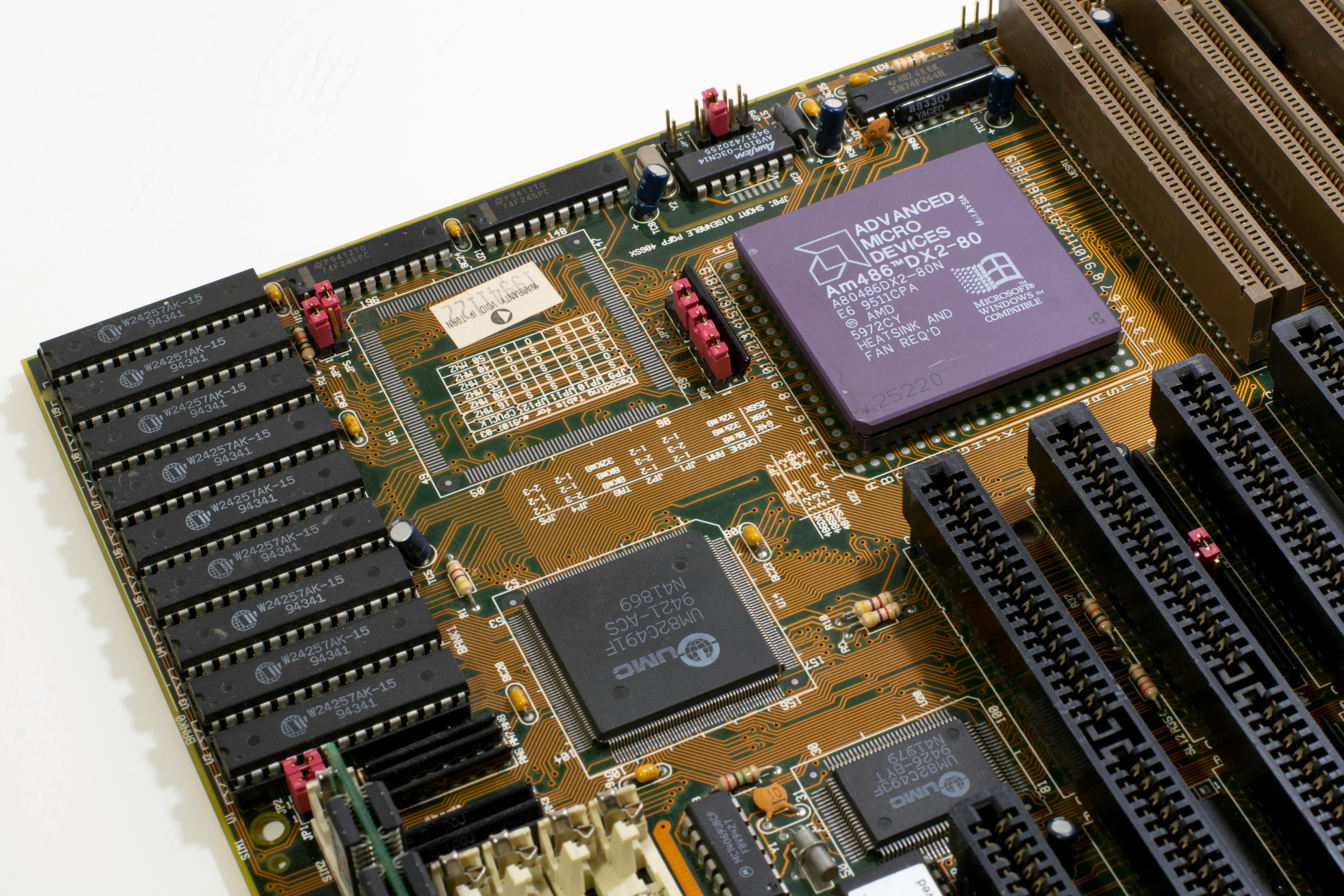OpenAI And Broadcom Collaborate On New AI Chip To Boost Computational Power

OpenAI and Broadcom are reportedly in discussions to co-develop a new AI chip. This strategic partnership aims to enhance OpenAI's computational power, enabling it to handle more complex AI tasks and stay ahead in the competitive AI landscape. This collaboration signifies a crucial step for OpenAI in its efforts to expand its capabilities and maintain a technological edge.
Joint Development Effort
The partnership between OpenAI, a leader in artificial intelligence research and applications, and Broadcom, a semiconductor giant, brings together significant expertise from both companies. OpenAI's knowledge in AI and machine learning, combined with Broadcom's experience in semiconductor manufacturing and design, sets a strong foundation for the development of a specialized AI chip. The primary goal of this joint effort is to create a chip that meets the specific needs of AI applications, enhancing performance and efficiency.
Boosting Computational Power
The need for increased computational power in AI applications is ever-growing. AI models are becoming more sophisticated and require substantial computational resources to process large datasets effectively. The new AI chip is expected to significantly boost OpenAI's ability to manage these demands. Enhanced computational power will allow OpenAI to process more complex tasks, improve model training times, and handle larger and more diverse datasets, ultimately leading to better AI performance and innovation.
Staying Competitive
Maintaining a technological edge in the highly competitive AI industry is essential for OpenAI. The development of a new AI chip in collaboration with Broadcom is a strategic move to ensure that OpenAI stays ahead of its rivals. Advanced hardware capabilities are crucial for supporting the development of cutting-edge AI applications. By enhancing its computational infrastructure, OpenAI can continue to innovate and deliver superior AI solutions, securing its position as a leader in the field.
Optimized for AI
One of the key advantages of the new AI chip will be its optimization for AI applications. Unlike general-purpose chips, the specialized AI chip will be designed to meet the specific requirements of AI workloads. This includes a focus on maximizing performance, energy efficiency, and scalability. Such tailored optimization ensures that the chip can handle the intensive computational demands of AI tasks more effectively than conventional hardware.
Market Impact
The collaboration between OpenAI and Broadcom is likely to have a significant impact on both the AI and semiconductor markets. The development of specialized hardware is increasingly recognized as a critical factor in driving AI advancements. This partnership highlights the growing importance of custom-designed chips for AI applications, setting a precedent for future collaborations between AI companies and semiconductor manufacturers. The success of this initiative could spur further investments and innovations in specialized hardware solutions for AI.
Conclusion
The potential collaboration between OpenAI and Broadcom to develop a new AI chip represents a strategic effort to boost computational power and maintain a competitive edge. By leveraging their combined expertise, the two companies aim to create a specialized chip that enhances performance, energy efficiency, and scalability for AI applications. This move underscores the importance of tailored hardware solutions in the AI industry and could have far-reaching implications for future technological developments. As OpenAI continues to innovate, this collaboration marks a pivotal step in its mission to advance artificial intelligence.
Author: Ricardo Goulart
From Chip War To Cloud War: The Next Frontier In Global Tech Competition
The global chip war, characterized by intense competition among nations and corporations for supremacy in semiconductor ... Read more
The High Stakes Of Tech Regulation: Security Risks And Market Dynamics
The influence of tech giants in the global economy continues to grow, raising crucial questions about how to balance sec... Read more
The Tyranny Of Instagram Interiors: Why It's Time To Break Free From Algorithm-Driven Aesthetics
Instagram has become a dominant force in shaping interior design trends, offering a seemingly endless stream of inspirat... Read more
The Data Crunch In AI: Strategies For Sustainability
Exploring solutions to the imminent exhaustion of internet data for AI training.As the artificial intelligence (AI) indu... Read more
Google Abandons Four-Year Effort To Remove Cookies From Chrome Browser
After four years of dedicated effort, Google has decided to abandon its plan to remove third-party cookies from its Chro... Read more
LinkedIn Embraces AI And Gamification To Drive User Engagement And Revenue
In an effort to tackle slowing revenue growth and enhance user engagement, LinkedIn is turning to artificial intelligenc... Read more

